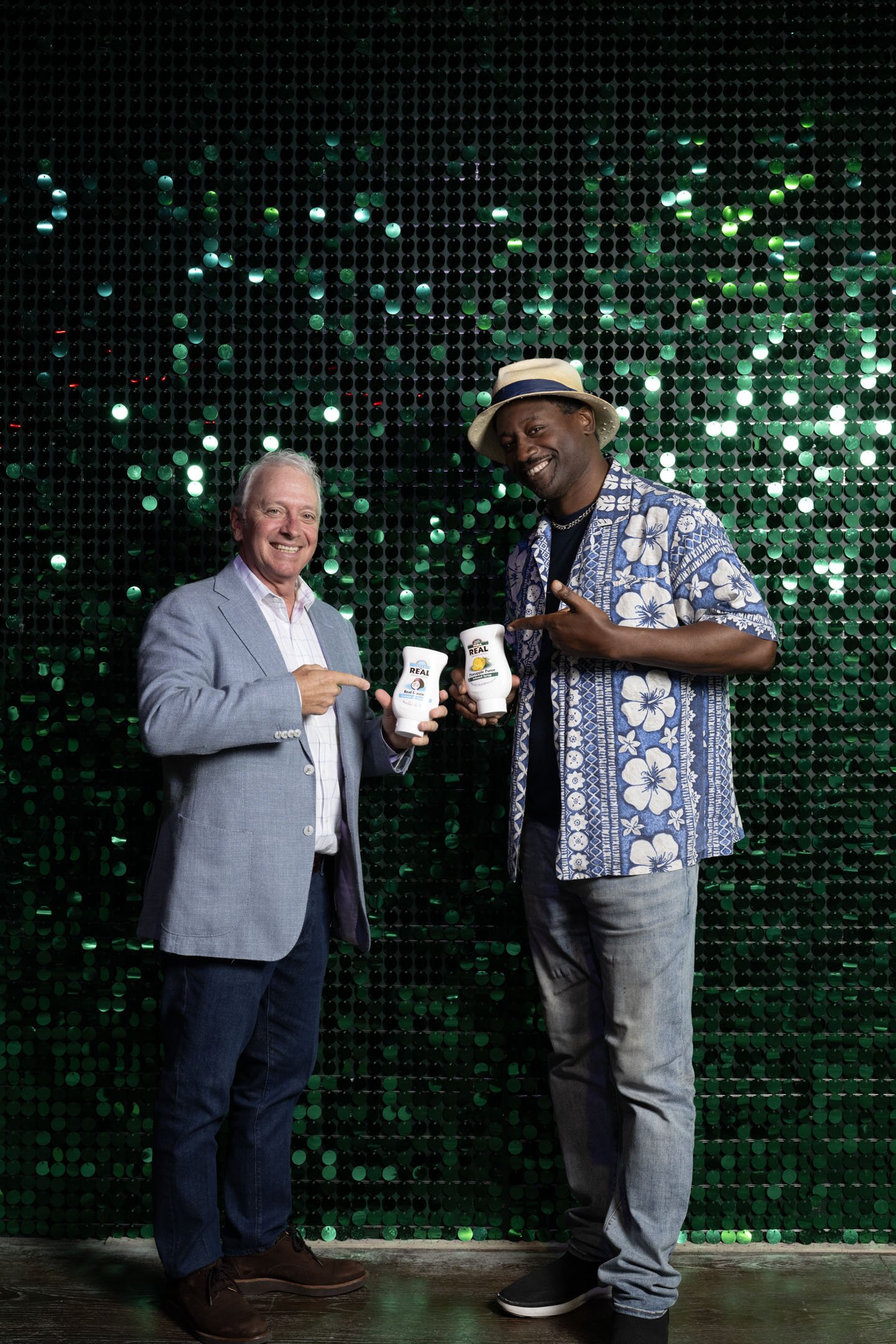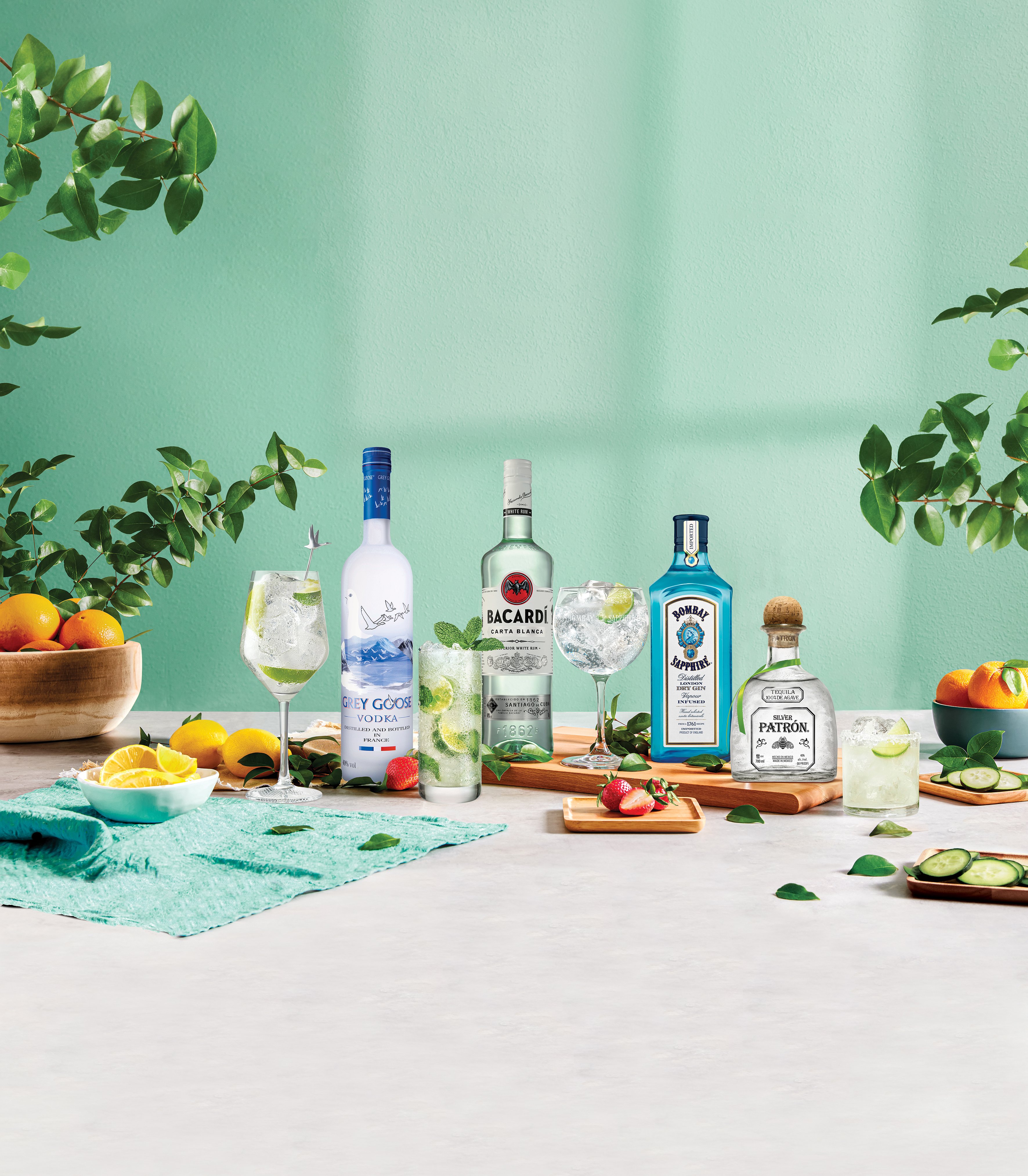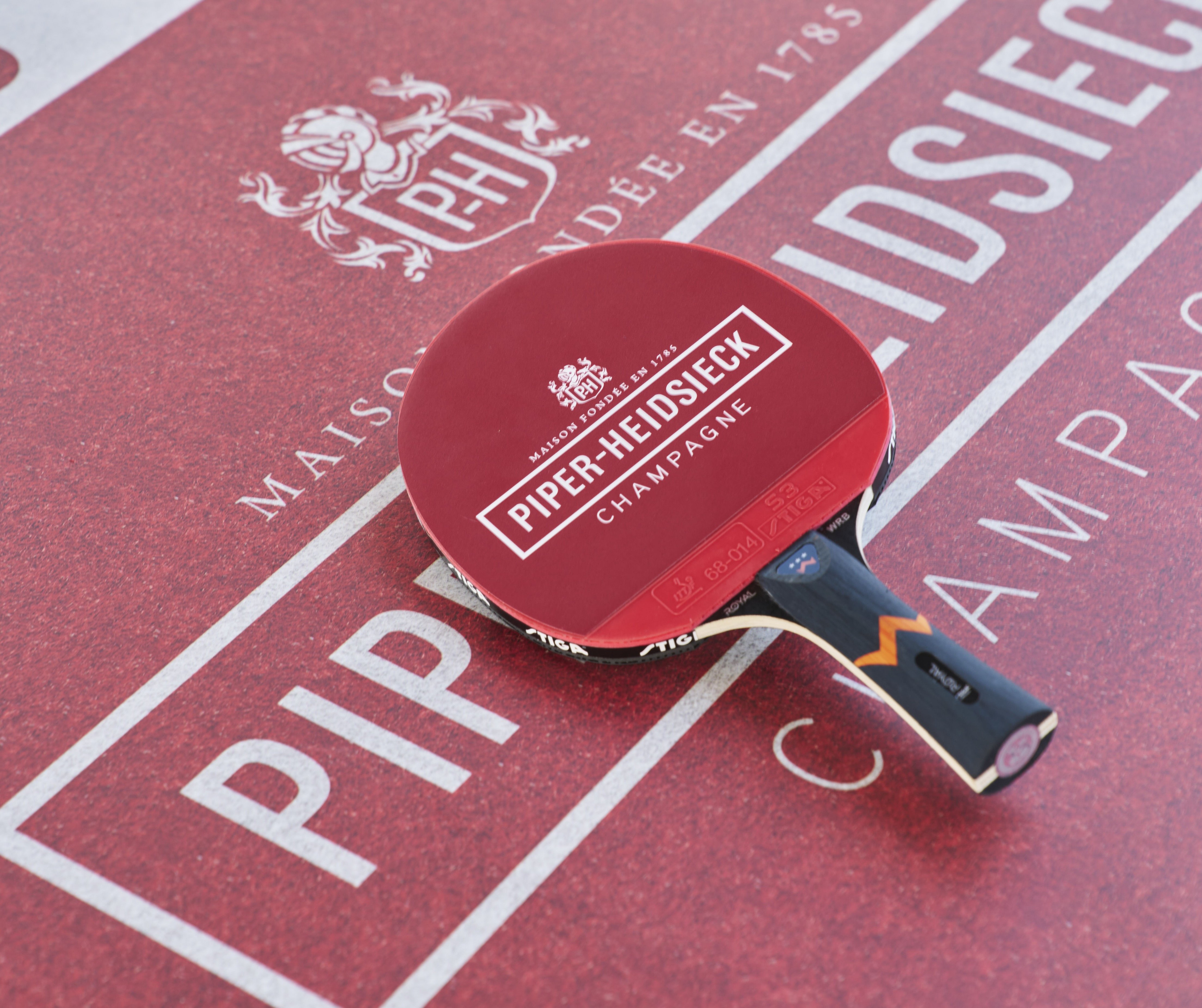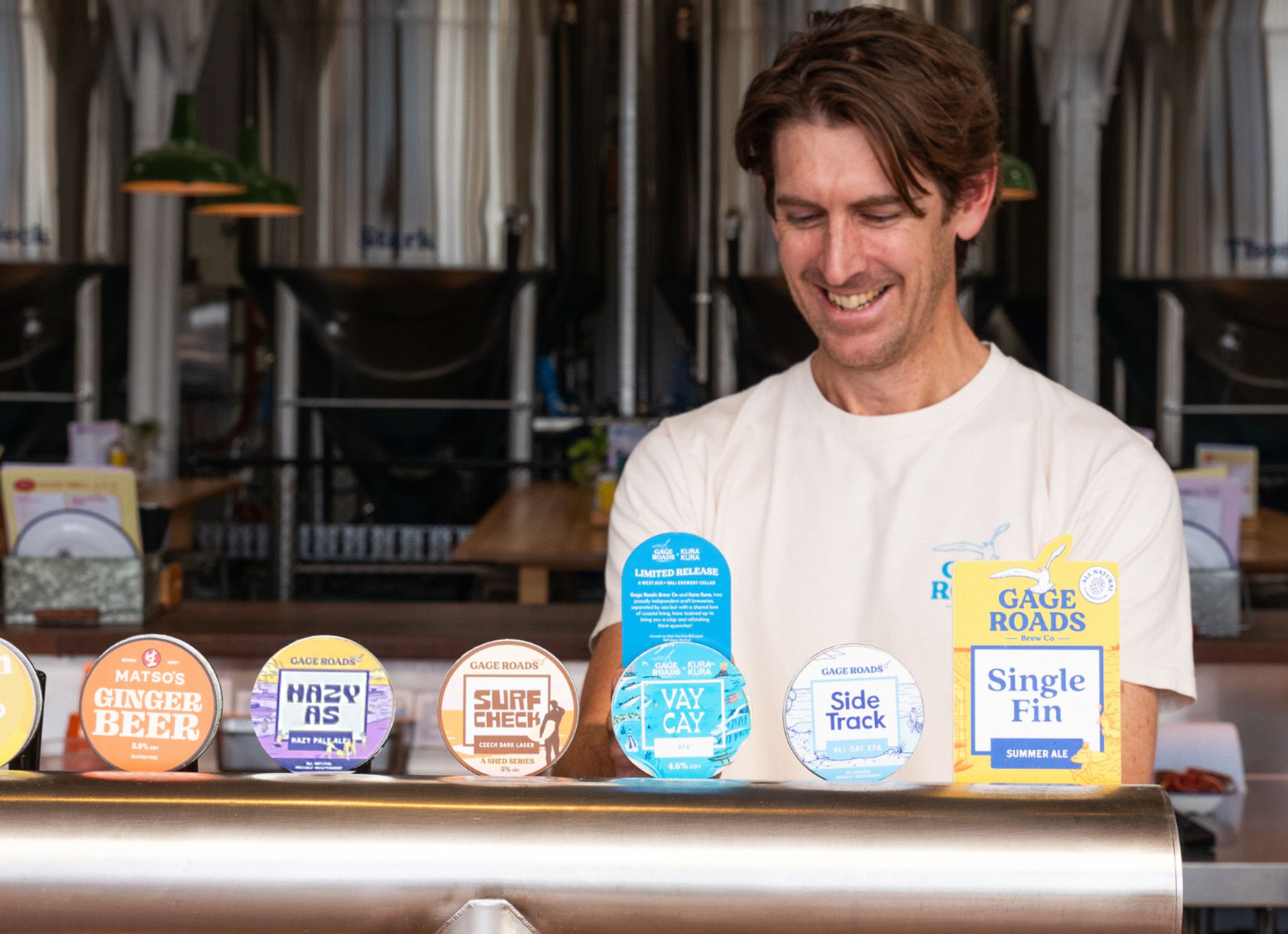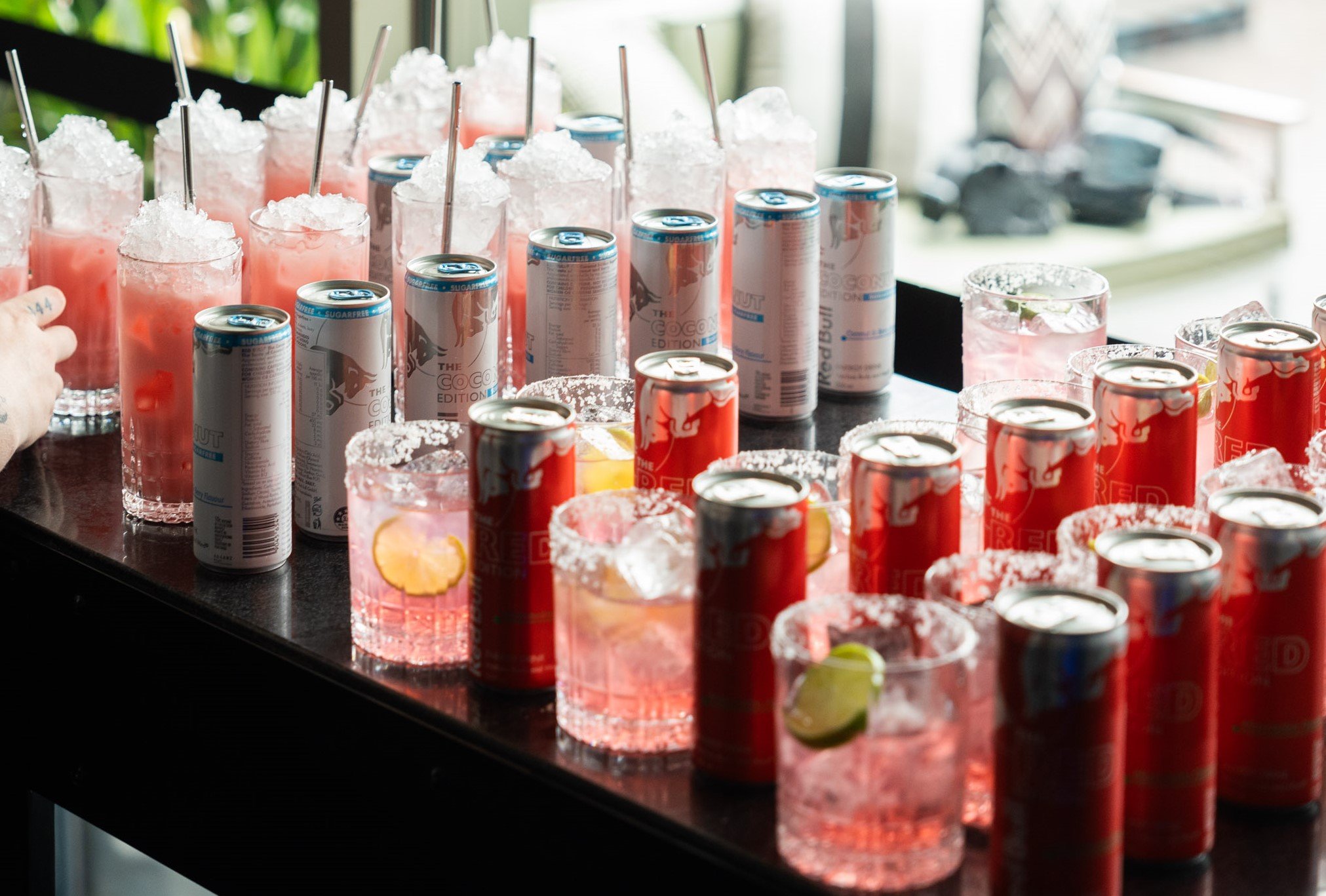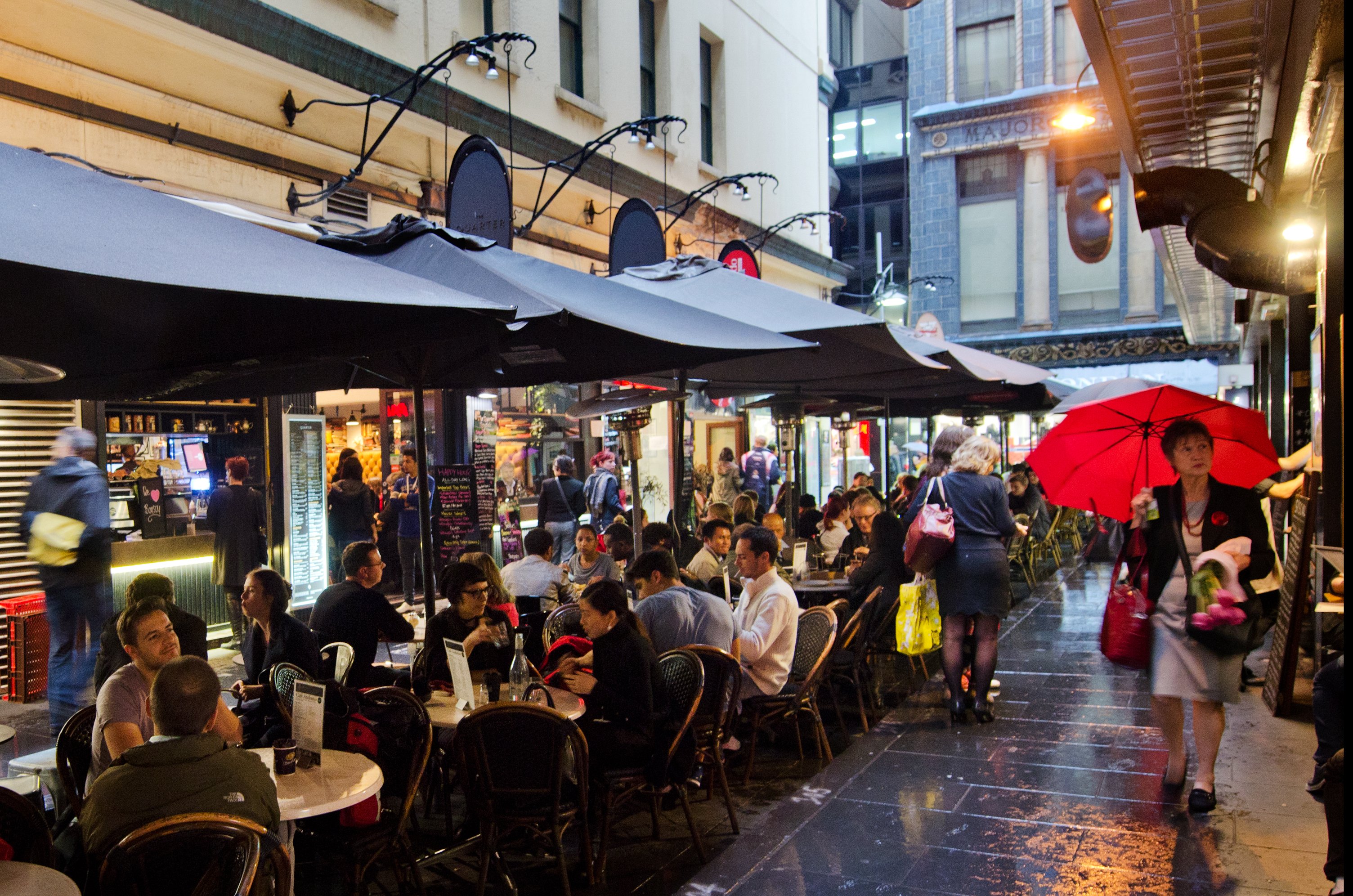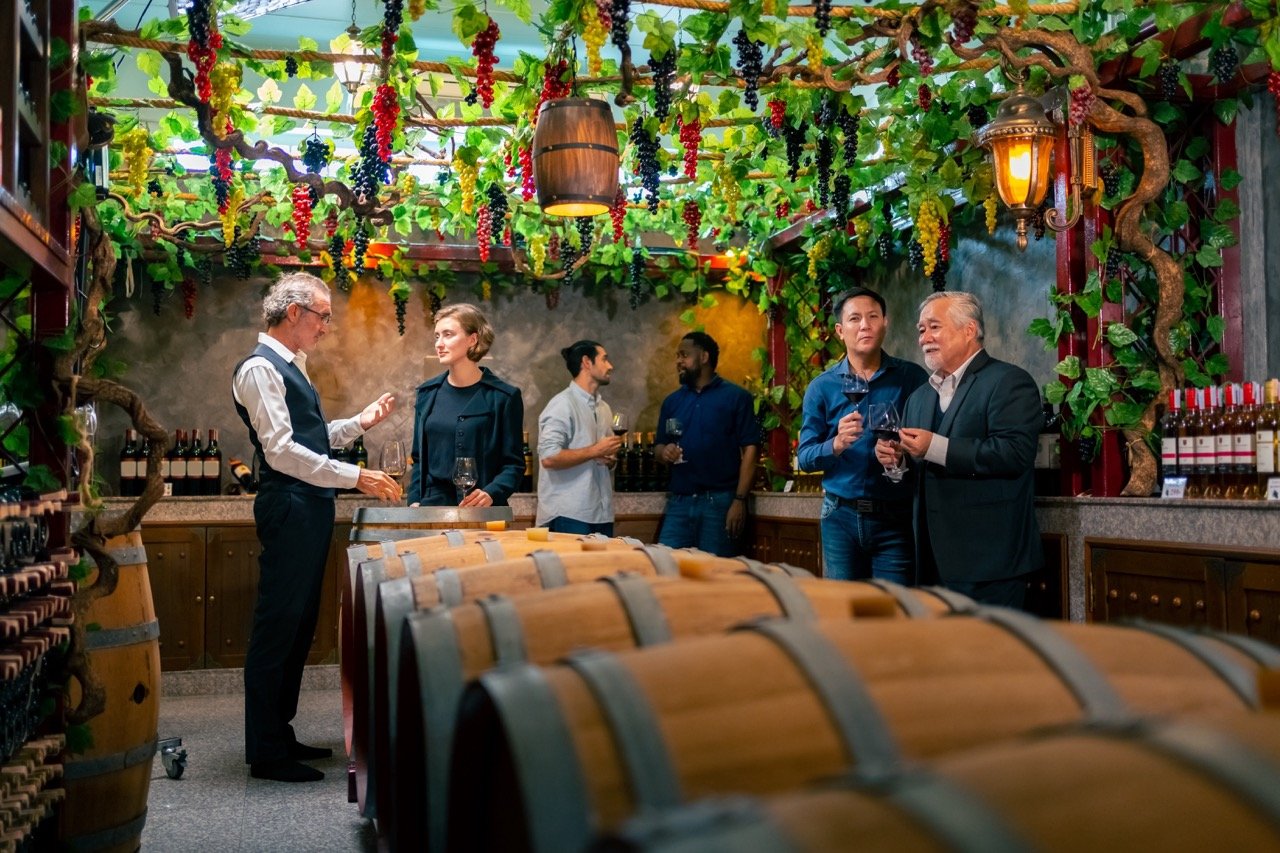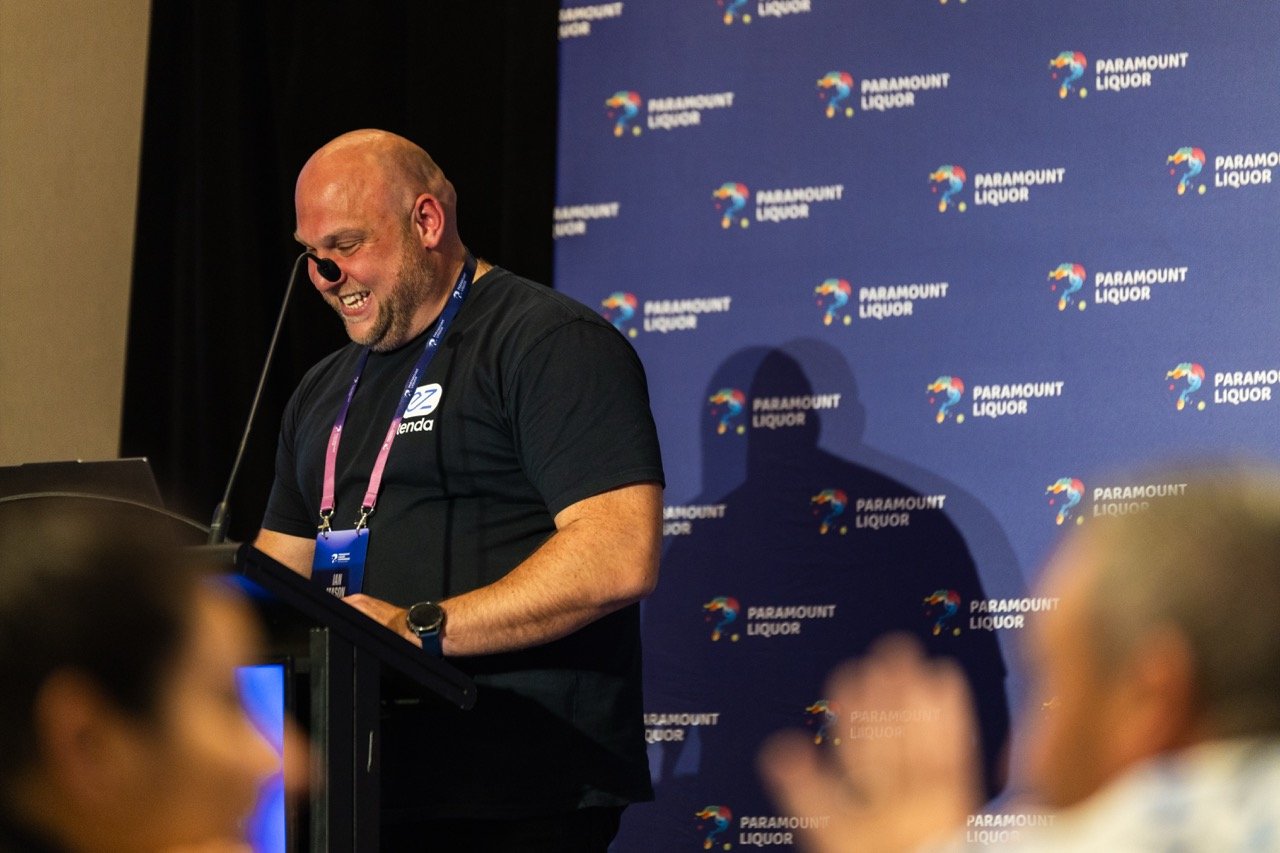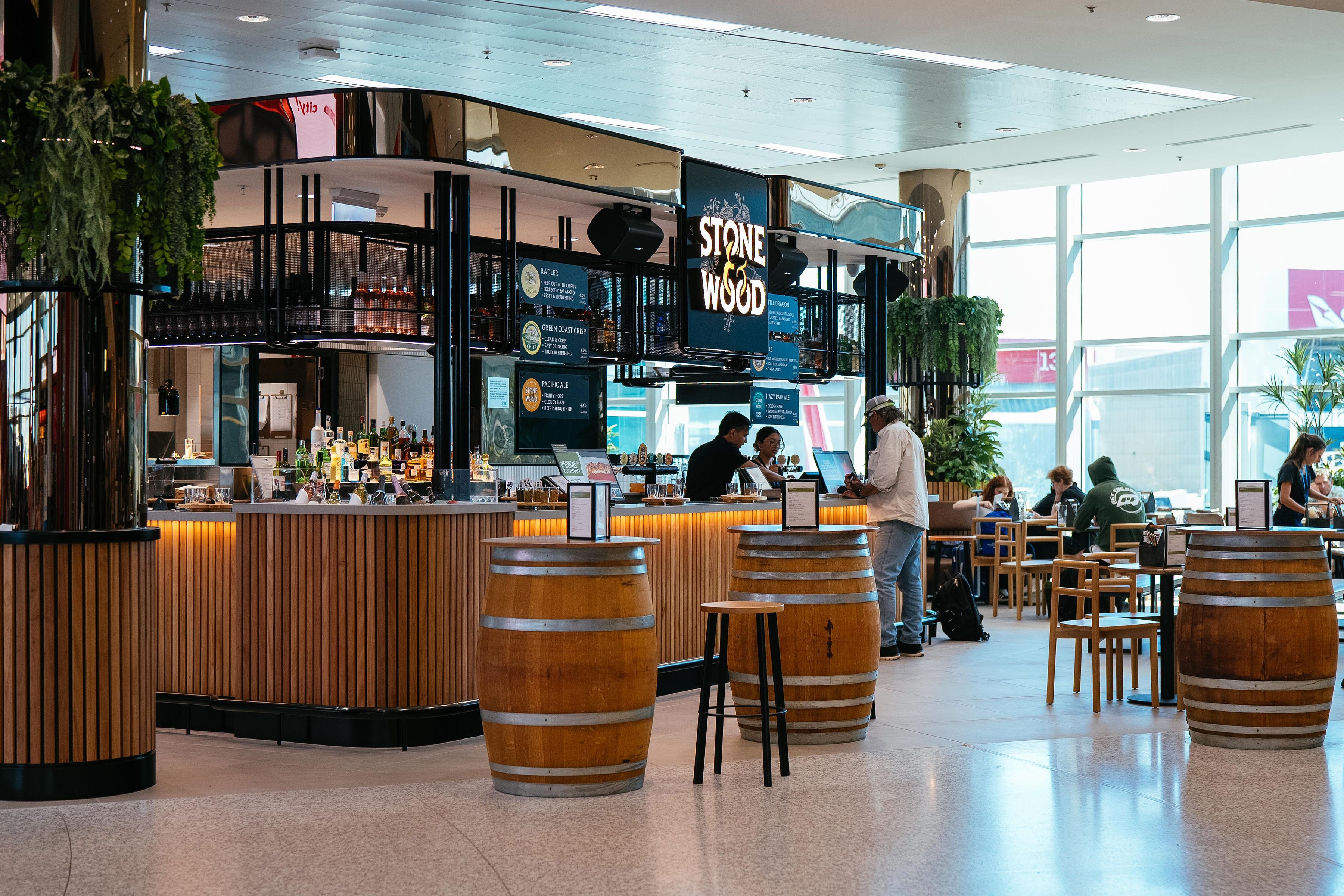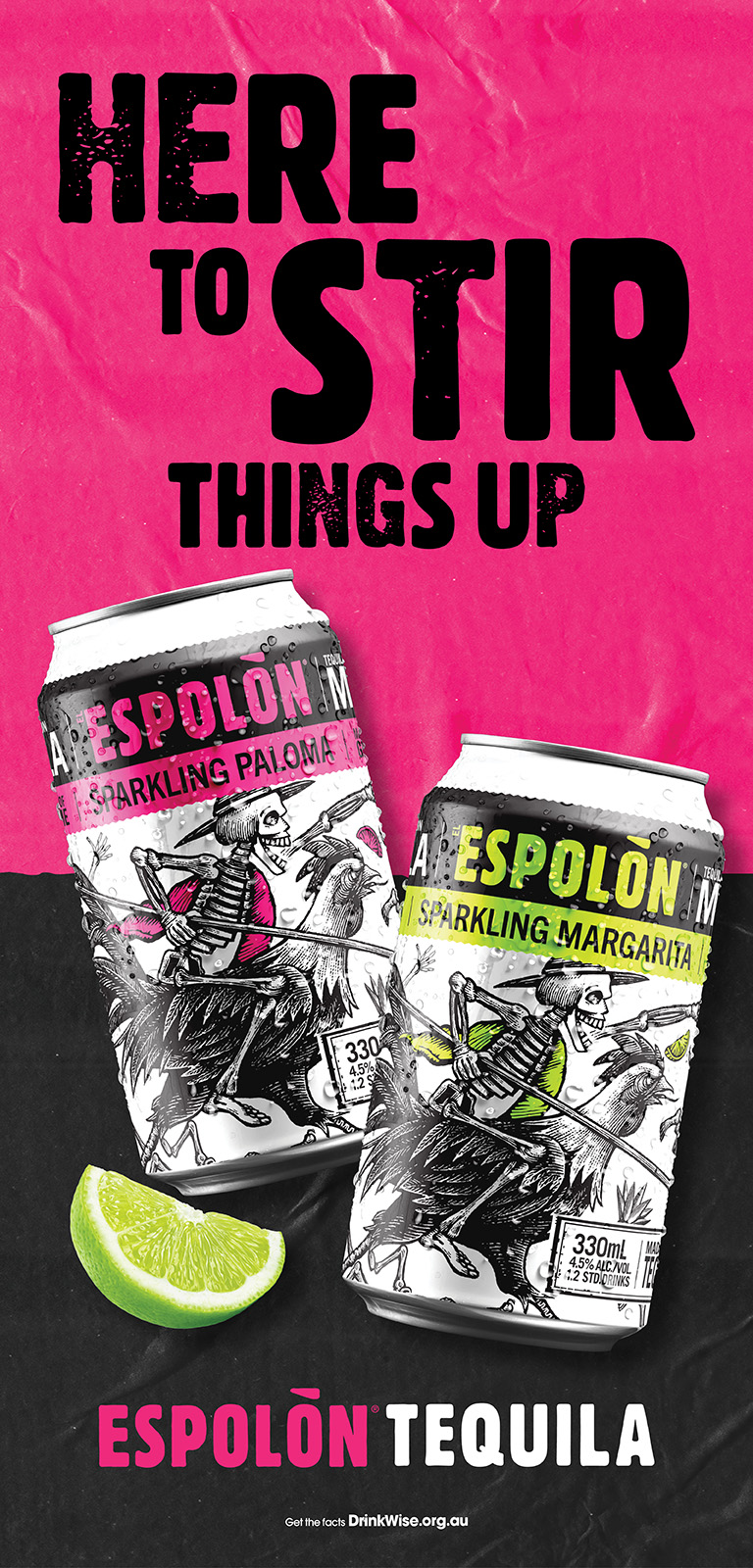Despite their obvious convenience and consistency proposition, the use of pre-packaged cocktail syrups tends to lack a lot of the glamour of using syrups made in-house. Last week, the team from Reàl Infused Exotics - a premium fruit syrup product line first launched by American Beverage Marketers in 2007 - toured around Australia with the goal of educating Australia’s hospitality industry about the increases to quality, consistency, and economics that come from using premium syrups.
Drinks Trade caught up with American Beverage Marketers’ Vice-President of Marketing Bill Hinkebein, APAC Sales Manager Stuart Carr, and Global Rum Ambassador Ian Burrell during their visit to discuss where the category might be headed. This is what the trio had to say.
Drinks Trade: Firstly, what is Reàl and what does it offer that other syrups don’t?
Bill Hinkebein: So the whole concept is to have as much fruit, the highest quality fruit of that variety, wherever it's found in the world, blended with 100% pure organic cane sugar, and that is our product. They are fruit-infused syrups… We put together our first item, which was the Reàl cream of coconut, in 2007. That was and still is the first and only squeezable cream of coconut.
I haven't seen too many similar products in the world. A lot of these syrups out there, the so-called Italian and French syrups, are basically artificially flavoured sugar water. And so we wanted to have a higher quality product and that is what we created, and that is the Reàl fruit syrups.
It's been very successful, more than I thought it would be... In a lot of the places, a bartender might make their own fruit-infused syrups, but then they might run out on a busy Friday evening or Saturday and somebody else might then need to whip up a batch and it might not be ready and they're out of product and they can't sell certain drinks. That's a problem. So our products coming through distributors that are usually the spirits industry, you know, you can just open that next bottle and it's always going to be consistent.
DT: Regarding the more premium venues you’re trying to crack, are syrups a) harder sell to the bartenders, and b) harder for bartenders to sell to consumers?
Ian Burrell: It depends on the actual bartender and where they are in the stage of their careers as well. You get a lot of younger bartenders (and I was one of them, now I'm an older bartender) who are very confident in their own skills of creating cocktails and creating flavors. So they’re 100% we make our own purees/make our own syrups and that type of stuff... but then as you get a little bit older and you get to understand the business a little bit more, you're now talking about consistency, you're talking about gross profits/your GP, you're talking about wastage; that's sustainability as well.
Again, I used to be one of those inconsistent bartenders, like it's about me, not about my customers. It's always about the customer. They want something they can, in today's terminology, [call] Instagrammable cocktails. They want something that's going to deliver flavour and consistency. And if you can do that by adding a quality syrup and not compromise on the flavour/not compromising your standards, then it's going to be better for the bar.
A lot of bartenders now are seeing this and that's why certain syrups, certain products are now being incorporated. Some of them actually put it into their own bottles and say, yeah, we created this because they still want to keep up the illusion of we're doing everything ourselves.
Bill Hinkebein: Let me tell you this, I've been to many, many, many bars where we go there, we try a couple drinks, and I ask if I can just taste that puree, you know - what kind of watermelon are you putting in that? How do you make your mango? and I'll taste their fruit puree and I know it's ours, yet they're pouring our product into these little squeezy bottles and they're putting tape on it and putting a date on it like they made it that morning. And that's fine. And I appreciate that. But there's no waste in it. The cost is there. The quality is there. And we have found much success in all kinds of bars from high level to low level.
DT: Given there are lots of options available to bartenders - e.g. cheap syrups, premium syrups, fresh fruit, frozen fruit and any combination of the above - what do you consider to be the value proposition of Reàl in a hospitality setting?
Stuart Carr: The good thing about Reàl is that a little goes a long way. You're not using 60ml or 90ml in a cocktail like you need for some other products, you know, 15/20ml actually work... and when you break it down into that 500ml bottle, it's cheaper for the bartender per ounce to use than anything else.
In regards to the margins and the economics of a drink, we will always come out in front because of the longevity of the product: once you've opened it, three months in the fridge. Now, if you're not using that bottle within three months, well, it's probably not for you, but people are using bottles and bottles per day. So in the economic [it is] wise to have it there, even as a backup, if you do run out and then once they use our product, they go, well, you know what? It's actually easier. I don't have to pay someone to do my syrups. The consistency is not there. It's available at every on-premise and retail wholesale in the country.
DT: How has it been tracking in Australia?
Stuart Carr: In the last four years, we've seen a lot of uptake from the high end bartender… We've got 14 flavours in the country to now even big groups across the country that realise that they're, coming back to your economics question, they're wasting money. They need to use a product like us. They get the consistency of flavour, the texture as well.
DT: You mentioned Reàl sources fruit from the most appropriate region? Does that present challenges?
Let me give you an example. This is this is kind of odd. We get our banana - It's a Cavendish variety, it's one of the highest quality banana items in the world - out of Costa Rica. The Costa Rican banana market is an export market, of course, to the whole world. so they grow all these bananas and they send the beautiful bananas - the big, large ones, the unblemished ones, the ones that don't end up round - and they send them all over the world. You would think that in Costa Rica they would have plenty of bananas for their own banana daiquiris and banana drinks. Well, those bananas get processed, pureed. We buy whole crops. It comes to our place. We put it in our tanks. We blend it. We put a little cane sugar with it. We bottle it. It goes out and around. It goes back to Costa Rica. And all the bars in Costa Rica are using our product that we got from them. It's crazy. But it's about distribution, efficiency and cost. And, you know, that's the rest of the story.
DT: We’ve talked a lot about bartenders, but how about the use of Reàl by home bartenders?
Bill Hinkebein: Once COVID hit and the bars shut down, there was a huge demand for home bartending. Home bartenders became interested in making higher quality cocktails at home. This is in 100 countries that we've experienced this in, and so we were able to then begin putting the real fruit infused syrups on the retail shelf. It became a big deal, not only on premise as it was before, but also at retail for home bartenders making drinks on the retail shelves.
We then discovered that and this came to us through many of our what I call national accounts back in our home country of the United States. A lot of the big wild wing chains would use our Reàl as a sauce in barbecue sauces, dipping sauces, even in salad dressings, so now not only is it on premise, but it is in multiple sections of supermarkets around the world. Maybe it's where the ice cream is as a topper for ice cream. Maybe it's in the waffle and syrup categories that people use for their crepes or breakfast items. And of course, it's in the cocktail mix section.
Also, people did not trade down on premise because a lot of places, they when they came back after COVID and reopened a lot of the restaurants, there was such staffing problems. You know, where are all the bartenders? Where is the waitstaff? Where are the line cooks? They had disappeared - I think they were all driving Ubers - but previously when some of these high end bars and restaurants were using or making their own fruit and syrups, they weren't doing it anymore, so they had to reach out and try to find a high quality product that might replace what they used to do.
DT: From a marketing point of view, do you feel having chefs on board has damaged the product’s reputation from a cocktail point of view?
Bill Hinkebein: When chefs at the restaurants are using it in multiple categories, front of the house and back of the house in different items, I think it only enhances the reputation of the brand itself. The quality of the brand is shouted out by the chefs and the mixologist. So, you know, I think it's a positive.
DT: What’s next for Reàl?
Bill Hinkebein: What's next for Reàl would be expanding the category of various fruit syrups. We only come out with two or three a year. We started coming out with the fruit-infused syrups in 2013, so we're 10 years into it, [and] we've got about a total of 24 different products.
We do surveys amongst the top mixologists around the world and our distributors and our customers to try to find out what would be the right items to come out with next. We only want to come out with maybe one or two or three items a year because we don't want to lose focus of our items. We want to get it out there and make sure that places have a chance to try our products.
//
Drinks Trade also took the opportunity to chat to Ian Burrell about his new rum brand Equiano, Co’s debut release – a world-first blend of African rum (Gray’s Distillery of Mauritius) and Caribbean rum (Foursquare of Barbados), ahead of its upcoming launch to Australia with exporter Expedition Trade.
Share the content
